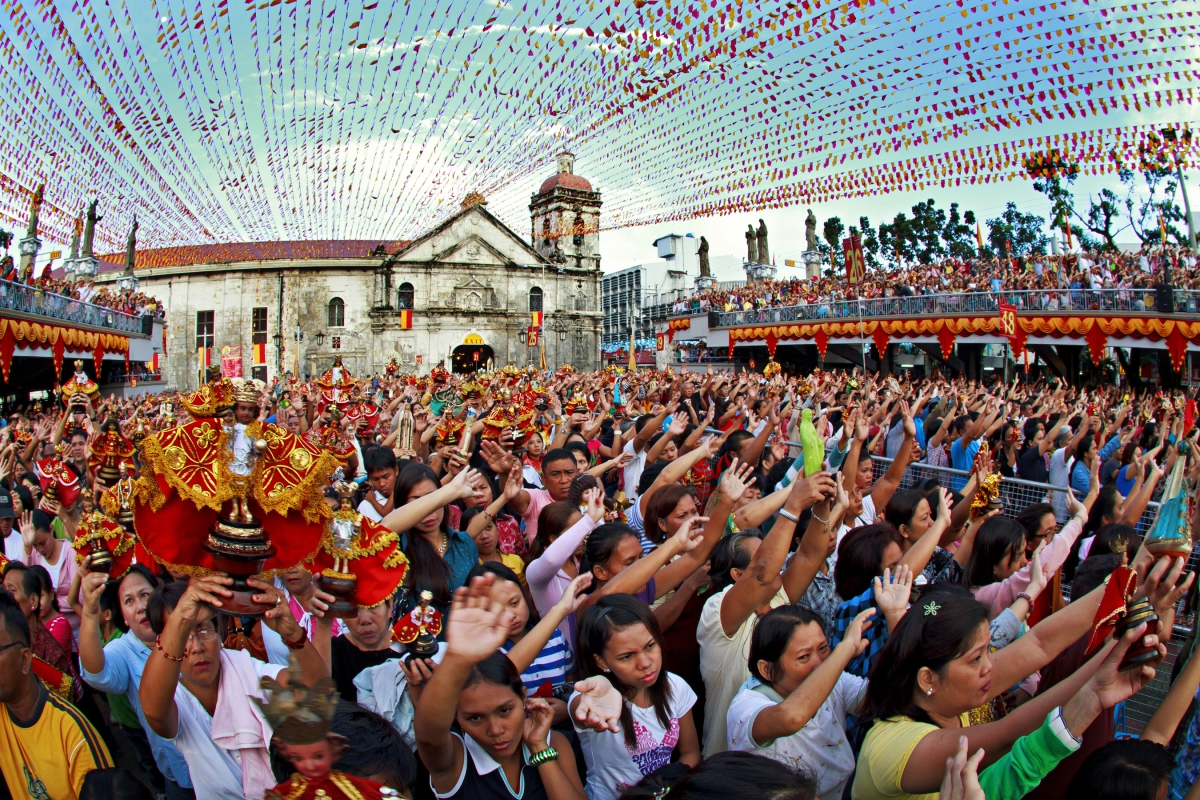
Cultural centers and diversity initiatives are integral components of university campuses that promote inclusivity, celebrate diverse identities, and foster a sense of community among students, faculty, and staff. These centers serve as hubs for cultural exchange, education, and advocacy, contributing to a vibrant campus environment that values and respects the richness of cultural, ethnic, racial, and socioeconomic diversity.

1. Promoting Cultural Awareness and Understanding
Cultural centers play a pivotal role in promoting cultural awareness and understanding by showcasing the traditions, histories, and contributions of diverse communities. They organize cultural events, workshops, and exhibitions that highlight multicultural perspectives, celebrate heritage months, and commemorate significant cultural milestones. These initiatives educate the campus community about the experiences and achievements of underrepresented groups, fostering empathy, respect, and appreciation for cultural diversity.
2. Supporting Underrepresented Students
Cultural centers provide support services and resources tailored to the needs of underrepresented and marginalized student populations. They offer mentorship programs, academic advising, counseling services, and leadership development opportunities that empower students to thrive academically, personally, and professionally. By creating inclusive spaces where students can find belonging and support, cultural centers contribute to retention rates, graduation success, and overall student well-being.
3. Cultural Programming and Events
Diversity initiatives and cultural centers collaborate with student organizations, academic departments, and community partners to organize a diverse array of cultural programming and events. These include cultural festivals, art exhibitions, film screenings, panel discussions, and performances that showcase the arts, cuisines, traditions, and histories of different cultural groups. Such events promote cross-cultural dialogue, break down stereotypes, and create opportunities for intercultural interaction and collaboration.
4. Educational Outreach and Workshops
Cultural centers engage in educational outreach by offering workshops, seminars, and training sessions that address topics related to diversity, equity, and inclusion. These educational initiatives empower students, faculty, and staff to navigate complex social issues, confront biases, and advocate for social justice within the university community and beyond. By fostering critical thinking and promoting cultural competence, cultural centers prepare students to become global citizens who are capable of navigating diverse and interconnected societies.
5. Celebrating Diversity in Leadership and Representation
Diversity initiatives promote representation and leadership opportunities for historically marginalized groups within the university governance, student organizations, and academic leadership roles. They advocate for inclusive policies, initiatives, and curriculum development that reflect diverse perspectives and address the needs of all students. By advocating for equity and inclusion in decision-making processes, cultural centers contribute to institutional transformation and the creation of a more equitable campus environment.
6. Collaboration and Partnership Building
Cultural centers collaborate with campus partners, local communities, alumni networks, and industry leaders to strengthen diversity initiatives and promote collaborative efforts that advance inclusive excellence. Partnerships with external organizations and stakeholders support initiatives such as scholarship programs, internship opportunities, and community engagement projects that benefit diverse student populations and promote social mobility.
7. Cultural Competency and Leadership Development
Diversity initiatives and cultural centers offer programs and resources that promote cultural competency, leadership development, and advocacy skills among students. These initiatives empower students to become effective advocates for social change, equity, and inclusivity in their communities and professional endeavors. Leadership development programs cultivate future leaders who are committed to advancing diversity, equity, and inclusion principles in all aspects of society.
8. Measuring Impact and Continuous Improvement
Cultural centers and diversity initiatives assess their impact through data collection, surveys, and feedback mechanisms to evaluate the effectiveness of their programs and services. They use evidence-based strategies to inform decision-making, enhance programmatic offerings, and address emerging needs within the campus community. Continuous improvement efforts ensure that cultural centers remain responsive to the evolving needs and aspirations of diverse student populations.
In conclusion, cultural centers and diversity initiatives are vital catalysts for celebrating unity in diversity and promoting inclusive excellence on university campuses. By fostering cultural awareness, supporting underrepresented students, organizing cultural programming, promoting educational outreach, advocating for diversity in leadership, building collaborative partnerships, cultivating cultural competency, and measuring impact, these initiatives create a more equitable and inclusive learning environment. As universities continue to prioritize diversity, equity, and inclusion efforts, cultural centers will remain essential in advancing social justice, fostering mutual respect, and preparing students to thrive in a multicultural and interconnected world.




